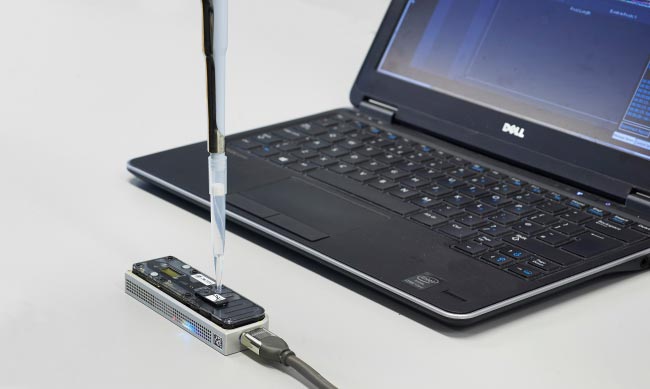
Don't be the next headline as yet another high profile foodborne outbreak of E. coli could be linked to a food manufacturer.
With investigations underway, public bodies are not ruling out a link between recent E.coli cases and potential contamination of imported salad leaves . This comes directly on the back of the high profile product recalls of General Mills flour. As supply chains expand across the globe and become ever more complex, your quality control methods are put under ever increasing strain. This can put you at a high risk of contamination within your supply chain, leading to costly product recalls and completely unavoidable supply chain headaches. So with the launch of our OriGen service, this will trace contamination back to its source, giving you back control to ensure there are no further recalls as a result. OriGen can save you money, protect your reputation and put you back in control by identifying the source of contamination in your supply chain or weaknesses in your hygiene procedures, enabling you to implement the corrective action needed to eradicate and prevent future product recalls as a result of contamination.
In a world where customer perception is of utmost importance, one unforeseen incident within your supply chain can cause long term damage to both your business and your brand image. It is critical to have the right information at your fingertips, with environmental risk trends mapping the challenges your supply chain could face in the coming weeks or months. Enabling you to react and maintain the high quality products your consumers have come to enjoy.
Public trust has declined in the wake of recent product contaminations and recalls. In recent times, high-profile recalls of flour, salad leaves, pet food, chocolate, spinach, peanut butter, baby food and others have prompted consumers to question whether the food they are buying has their safety and best interests in mind. Add in an effort to reduce costs, companies outsourcing and global sourcing, has increased complexity of supply chains which in turn have dramatically brought in increased transparency concerns. These supply chains now often comprise of an increased number of participants and an expanded geographic network of vendors, increasing exposure to new, and in some cases poorly regulated, sources of supply which all bring with them their own challenges with potential to impact on food safety and contamination.
Companies have partially responded to these issues by investing in lot tracking processes and systems, allowing them to track batches of products through the supply chain. However, these systems are usually limited in scope, lacking in precision and deliver sharply reduced visibility as products move downstream in the supply chain. They also focus on isolating affected products after a contamination occurs instead of a real focus on prevention throughout the system.
The factors influencing consumer purchasing behaviour are changing. Previously, packaging and a product's intrinsic attributes, those things a consumer could see, touch and taste, were the primary drivers of purchasing behaviour. However, recalls and contamination have eroded consumer confidence in product safety, the foundation of the brand value proposition.
Download the ebook

Why not download our latest whitepaper on Whole Genome Sequencing Source tracking for the food industry about the science and technology to help put you back in control of your business.




